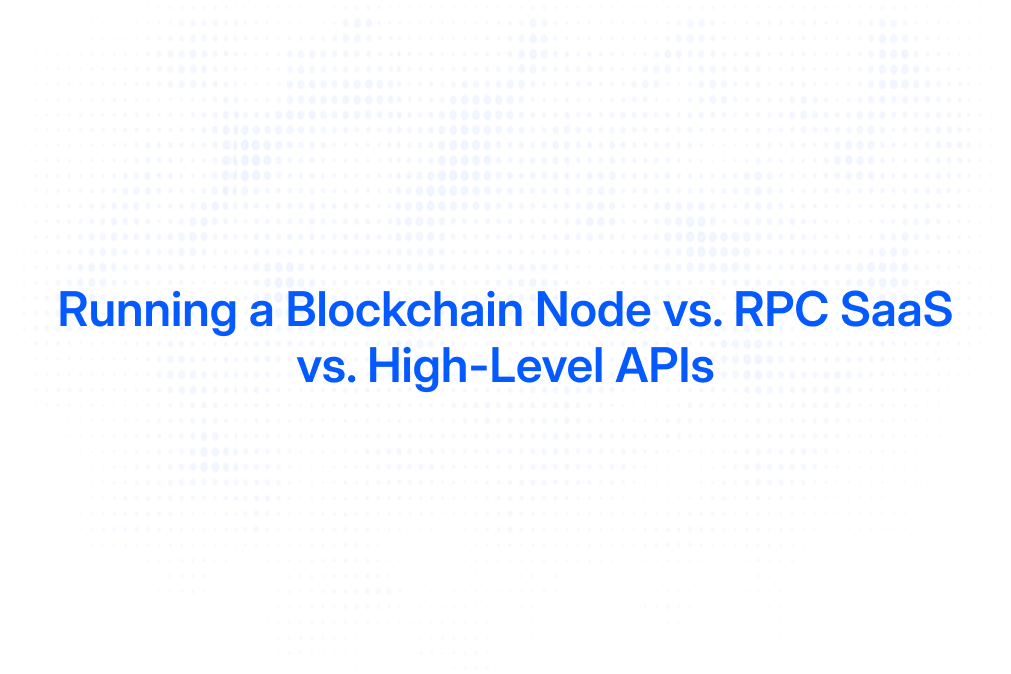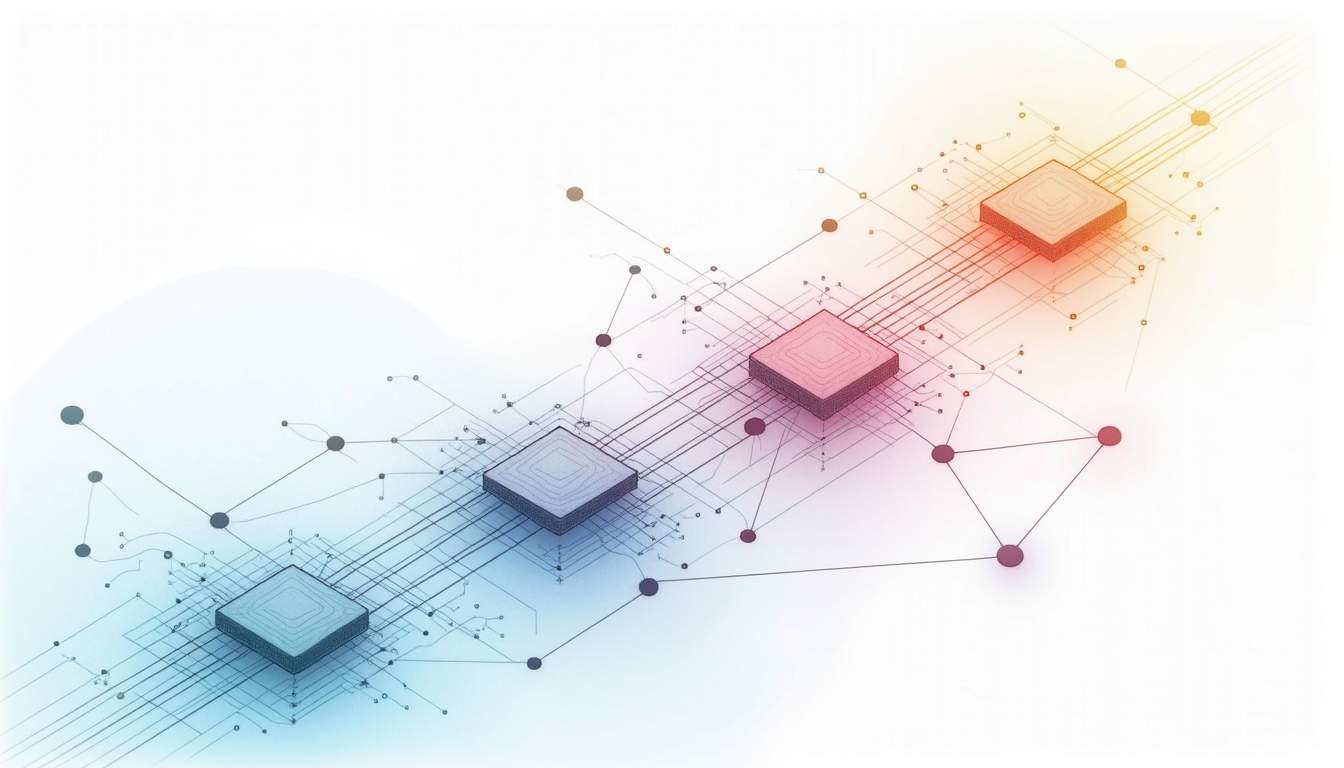Exploring Decentralized Identity: A Review
David Liu

Dealing with digital identities is an everyday necessity for most people. We log in to apps, verify transactions and access online services, all using digital identities. Typically, these identities exist on servers controlled by businesses or governments, opening up threats from data breaches and privacy invasions. The concept of decentralized identity aims to solve these issues by giving each individual control over their personal data.
Decentralized identity, also known as Self-Sovereign Identity (SSI), is a digital concept that enables individuals or organizations to create, manage and control their identities without intermediaries or third parties. Unlike centralized identity solutions, decentralized identity is based on blockchain technology, which ensures that the data is stored in a decentralized manner. This decentralization ensures that the data isn't controlled by any single entity, providing an individual total control over their information.
The decentralized identity revolves around Digital Identity Decentralized Identifiers (DIDs). DIDs are a new type of identifier completely controlled by the DID subject—making the identity self-sovereign. These DIDs are stored in a distributed ledger, rather than a centralized database. When an individual presents their DID, they also share a public key linked to this DID that allows others to verify and authenticate the DID. This way, the individual remains in control of confirming their identity.
The decentralized nature of these identities provides a series of benefits. First, it significantly enhances privacy, as personal data isn’t stored in a centralized server that can be hacked. Individuals no longer need to share their personal data with various entities. Second, it ensures security. With decentralized identifiers, only the data owner can control and manage the data, reducing the likelihood of identity theft. Third, it enhances user experience. Users need to authenticate their identity only once, for all their digital interactions.
Adopting a decentralized identity system doesn't negate the need for trust; it simply reapportions the mechanism by which trust is achieved. With decentralized identities, trust is automated and placed in the technology – the blockchain - and the cryptographic mechanisms implemented. This way, SSI removes the necessity for a central authority, enabling trustless interactions.
Nevertheless, the implementation of a decentralized identity is not without its challenges. User adoption and the user interface will be significant hurdles. Getting users to understand the concept and taking control of their digital identities will require a significant shift in attitude. At the same time, systems will have to be user-friendly to foster adoption. Additionally, interoperability with existing systems is another challenge, as most current systems are built with centralized identity in mind.
In conclusion, with the rising incidence of data breaches and identity thefts, the concept of decentralized identity stands out as a promising solution. By enabling users to control their identities, we can empower individuals to manage privacy and security on their terms. However, realizing this vision will require overcoming significant technical and sociological challenges."
.svg)


.png)



